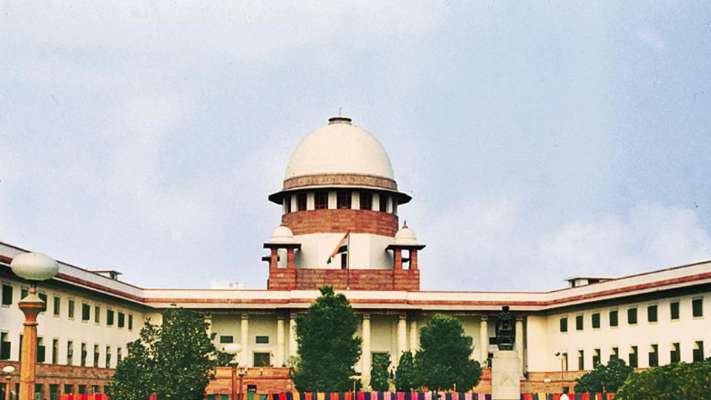A recent judgement of the Supreme Court of India on criminal law passed by the quorum of justices Rohinton F nariman, Surya Kant and Ramasubramanium. The judgement holds that a power exercised by the magistrate under section 156(3) of the Cr.Pc. is post cognizance.
The question arises by the Supreme court that once Chargesheet is filed by the police after doing proper investigation, then whether Magistrate has the power to pass an order to the police officials for further investigation under section 173(8) and if so then upto what stage of criminal proceedings?
Different views were given by different judges which also creates doubt in the judicial minds. Then after a near exhaustive survey of the conflicting decisions, the Bench in malviya held in favour of the view that a magistrate has power to direct further investigation by an investigating agency post cognizance on a police report right up to the stage of framing of charge that interpreted section 173(8) crpc restrictively. This view was acceptable as it was undoubtedly redounds in the interest of justice.
It is pertinent to note that the Bench in malviya was concerned only with the question whether post cognizance a Magistrate could direct further investigation under section 173(8). Whether a magistrate exercising power unders section 156(3) was acting pre cognizance or post cognizance was not at all the issue in this case.
Thus it is undoubtedly correct that section 156(3) and 173(8) operate at a different stages of investigation like section 156(3) operates at pre cognizance stage whereas 173(8) operates at the post cognizance stage as it is intended to supplement a completed investigation.
It is pertinent to note here that the power of magistrate under section 173(8) is not derived from his power unders section 156(3) but is a distinct and independent power.
This proposition regarding the meaning of “taking cognizance” has been often repeated in many apex court judgment. Had the bench of Malviya been cognizant of this well established proposition of law, it is doubtful if it would have arrived at the unfortunate finding in paragraph 26 of the judgement.
“The power unders section 156(3) can only be exercised at pre cognizance stage was an erroneous finding in law”.
Judgement
Therefore it was held in the case that a three judge bench of the Supreme Court Of India virtually overruled a 43 year old precedent and held that magistrate can invoke power under section 156(3) of the code of criminal procedure even at the post cognizance stage. The Bench headed by Justice RF nariman held that this judgement was rendered without advertising to the definition of “Investigation” in section 2(h) of the crpc. It was observed that the finding in the law in the said judgement that the power under section 156(3) crpc can only be exercised at the pre cognizance stage is erroneous.

